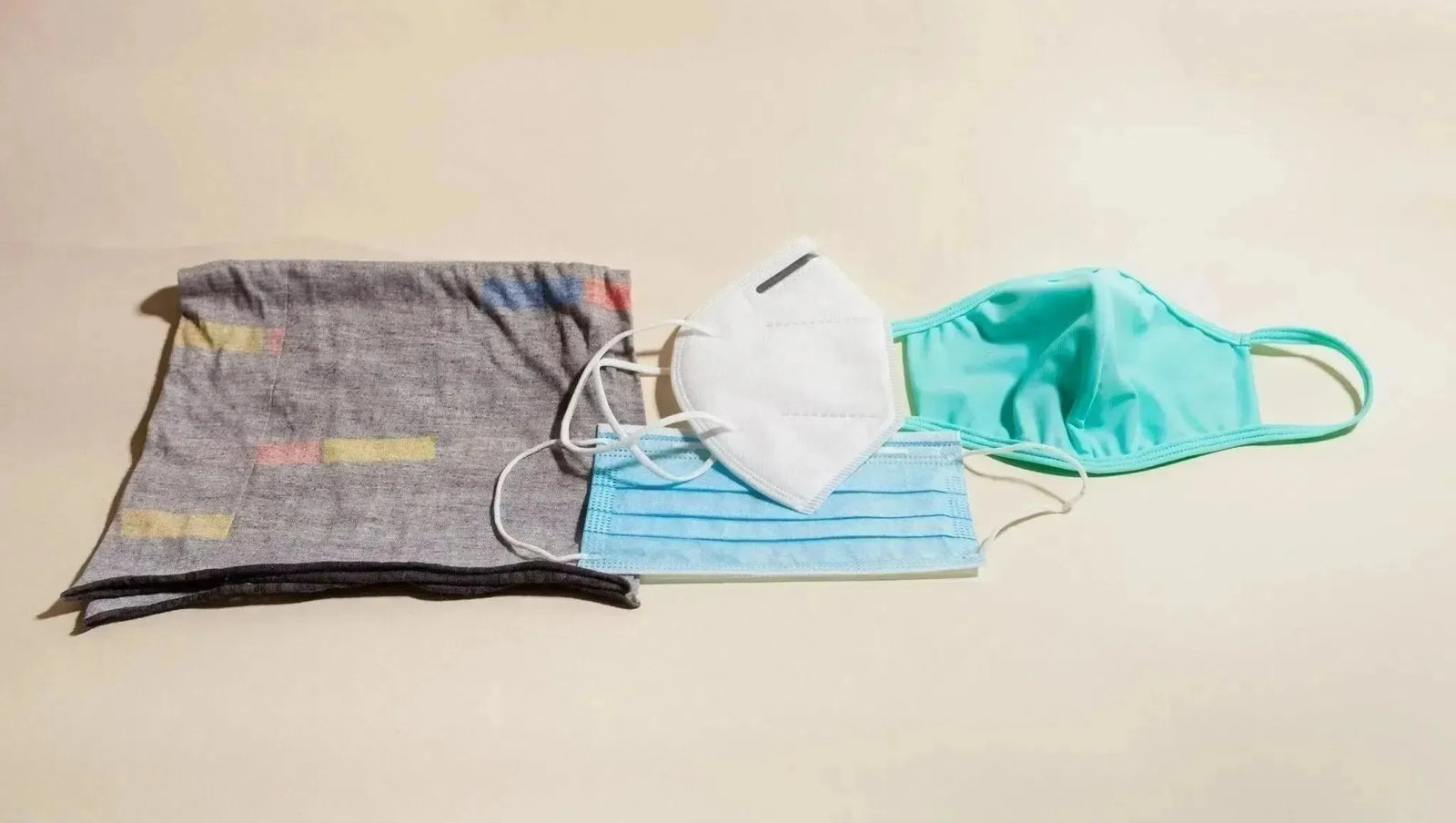What's the Difference Between Disposable Masks vs Cloth Masks?

What's the Difference Between Disposable Masks vs Cloth Masks?
There are so many different masks that you can choose from, so how do you know which are the best masks for you? There are two primary choices that you need to compare.
When choosing a mask for COVID, you need to look at disposable masks vs. cloth masks and the pros and cons of each type.
Thankfully, you've come to the right place to get the answers you seek for choosing the best mask for you. Keep reading to learn more about reusable cloth masks and disposable masks.
Disposable Masks vs. Cloth Masks
During the COVID-19 pandemic, the highest priority is preventing the spread of the disease to others, and masks are a great way of doing that. All masks help, but some help more than others.
When choosing a mask, there are certain things that you should value. Your focus should be on the fabric type, the fit, and the breathability. The fabric is important, but the most important quality to look for is how well it seals to your face.
It is important to know that no mask will offer you 100 percent protection from getting or spreading COVID-19. They're also not a replacement for social distancing. They are meant to work together to halt the spread.
Disposable Masks
Disposable masks were the most commonly seen type of mask before the beginning of the pandemic. Medical professionals have worn them for decades.
They're great for acting as a barrier between potential contaminants and the mouth and nose of the mask's wearer. These masks are subject to strict regulations that homemade face masks are not.
These surgical masks come in various thicknesses that affect how much protection they provide you. Some are 3-ply masks, while others are 4-ply masks.
These masks can protect you from splashes and sprays. You'll also be protected from large-particle droplets that contain viruses or bacteria.
Because this type of mask has a metal piece that contours to the bridge of your nose, it is a great choice for protection from COVID-19. This metal piece helps you fit your mask snugly against your face.
The downside to disposable masks is that it isn't great for blocking small air particles that are transmitted through sneezes and coughs. This is because of the looser fit of the mask on your face.
Double masking is an effective solution to stopping the small air particles from getting through your mask. Some studies found that surgical masks are the 2nd best option behind the N95 mask that is considered the best option.
Cloth Masks
Reusable cloth masks also have many benefits that should be considered when choosing the best mask for you.
One important aspect that you should consider when choosing a cloth mask is the tightness of the fabric's weave. A good way to check the fabric's tightness is by holding it up to a light and seeing if you're able to make out the fibers.
If you see the individual fibers, you know that it will not make for a great or effective filter. According to research, tightly-woven cotton is one of the best filters for a cloth mask.
Cotton masks are considered to be more effective because the fibers' composition is more three-dimensional than that of synthetic materials. This makes it the best bet to stop incoming small particles.
Multiple layers are also a sign of a great cloth mask. This is because research has shown that masks with multiple layers are more likely to stop incoming particles that might carry COVID-19.
Ideally, a double-layered mask of tightly-woven fabric with a pocket for a filter would be most effective for preventing the spread of COVID. If you're looking for good material for a filter, look no farther than polypropene.
This material is effective as a filter because it holds an electrostatic charge. Basically, this material uses static electricity to cling to incoming and outgoing air particles.
Polypropene will continue to hold onto its static electricity even when your mask collects moisture from the humidity of your breath. It makes for a great reusable mask because you can wash it and iron it to be clean but still have static electricity.
The fit of your mask is also vital. Your mask's ability to filter particles is dependent on it being snug to your face. Masks that have pleats are folds are also effective for filtering out particles that could carry COVID.
Neck gaiters have also been a common solution for choosing a mask. Neck gaiters are effective for use as masks for COVID-19 because there is less chance for air to escape out the sides as it could with other types of masks.
One of the most important things with reusable masks is to clean them often. Cloth masks should be washed daily with soap or detergent and in hot water. Wait until the mask is completely dry before wearing it again because a wet mask is a breeding ground for microorganisms.
Get the Best Masks for COVID-19
The most important thing for everyone's health is wearing a mask. While keeping yourself safe is important, the real purpose of wearing a mask is to keep those around you safe.
A big step towards keeping the people around you safe is wearing the best mask for preventing COVID from spreading. There are benefits to disposable masks vs. cloth masks. It's up to you to choose the one that best fits you.
If you need a mask for COVID, click here and check out the wide selection of cloth and disposable masks to find the perfect mask for you.






